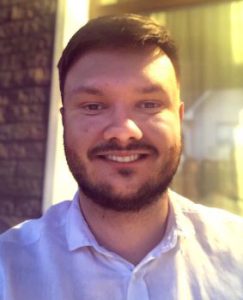Mythmaking, Mega-events, and Coercion: Autocratic Legitimation in Kazakhstan and Azerbaijan
Dr. Sofya du Boulay
When? Tuesday 13th of May, 15:15-17:00
Where? Seminar room, 9th floor, Niagara or online: https://mau-se.zoom.us/j/64306600653
Abstract:
What constitutes legitimate order in modern autocracies? This research argues that the persistence of autocratic domination evolves beyond simple mechanisms of repression but represents a dynamic process of nurturing public consent and imitating socioeconomic progress. It explores why and how the autocratic regimes in Kazakhstan and Azerbaijan are remarkably resilient, despite domestic policy failures, mass protests, and suffocating geopolitical alliances. Drawing on comparative political analysis, this study analyses the stabilisation mechanisms of autocratic self-justification through three complementary sources: discourses, spectacles, and repression. Input discourses serve as a coherent body of political arguments, normalising official narratives about the suitability of existing authority structures and state-building processes. To maintain power, modern autocracies need to adapt to global norms and spectacles. Kazakhstan and Azerbaijan host mega-events to increase their international recognition, exercising a balancing act between inherent political vulnerability and stability. Mega-events satisfy elite ambitions to reinvent and promote national identity under increased media exposure. Coercion prevents the opposition from rebelling against those in power, ensuring regime survival once discourses and spectacles are unavailable as alternative sources of legitimation. Through document analysis and sixty expert interviews collected in Baku, Astana, and Almaty this work traces the evolution of regime practices, actors, and events involved in formulating the right to rule in Kazakhstan and Azerbaijan between 1991 and 2022.
Speaker:
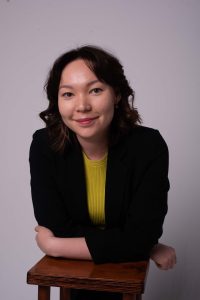
Dr. Sofya du Boulay is an authoritarian politics scholar with a special interest in Central Asia and Caucasus, she is currently a visiting fellow at the University of Sussex. Published on politics of succession, legitimation, post-Soviet legacy in Communist and Post-Communist-Studies and Problems of Post-Communism. She has worked for various international organizations including the Norwegian Helsinki Committee, the UN Population Fund, and the UN Economic Commission for Europe and is passionate about research community building: USTA Mentorship Program



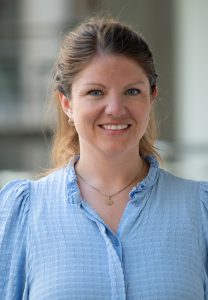
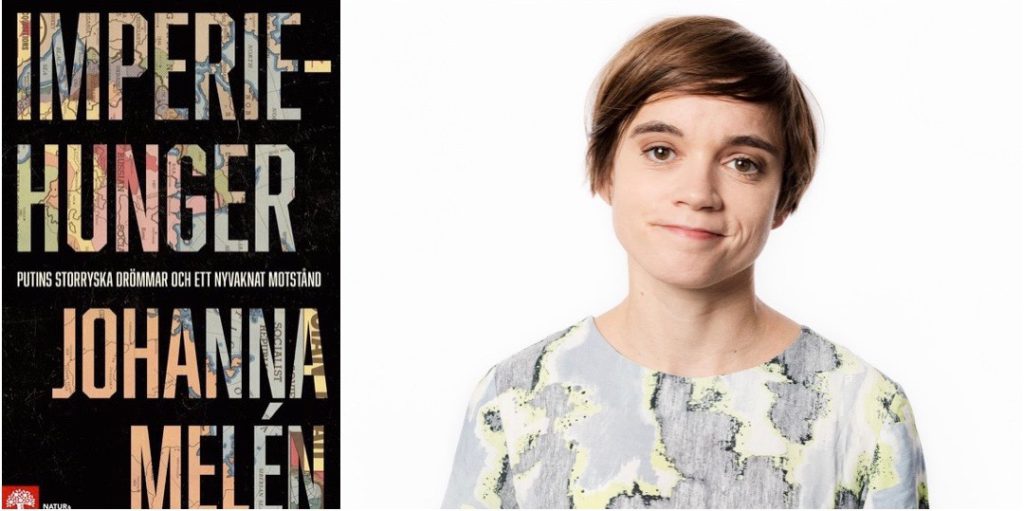
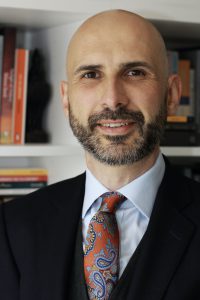 Branislav Radeljić is Professor of International Relations in the Department of Government and Society, United Arab Emirates University. In addition, he serves as Visiting Professor of European Politics at Nebrija University. His scholarly interests focus on European and Middle Eastern political and socioeconomic developments.
Branislav Radeljić is Professor of International Relations in the Department of Government and Society, United Arab Emirates University. In addition, he serves as Visiting Professor of European Politics at Nebrija University. His scholarly interests focus on European and Middle Eastern political and socioeconomic developments. 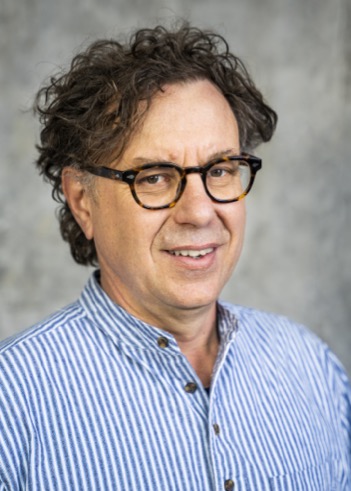 Bio
Bio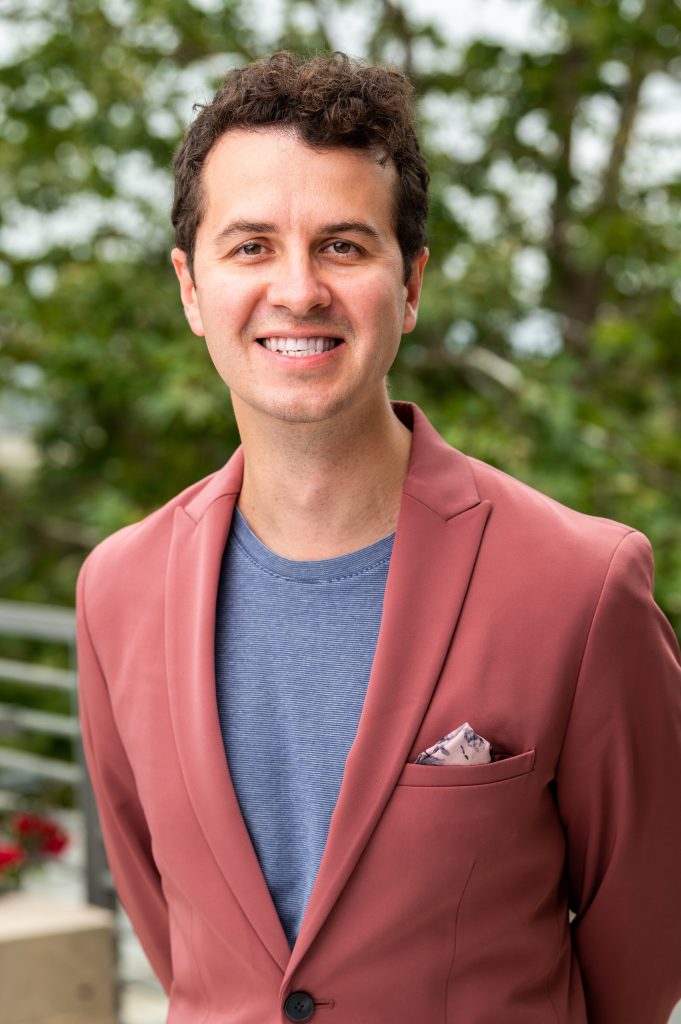 RUCARR seminar with Dr. Vladimir Hamed-Troyansky, Ass. Prof. of Global Studies at the University of California, Santa Barbara:
RUCARR seminar with Dr. Vladimir Hamed-Troyansky, Ass. Prof. of Global Studies at the University of California, Santa Barbara: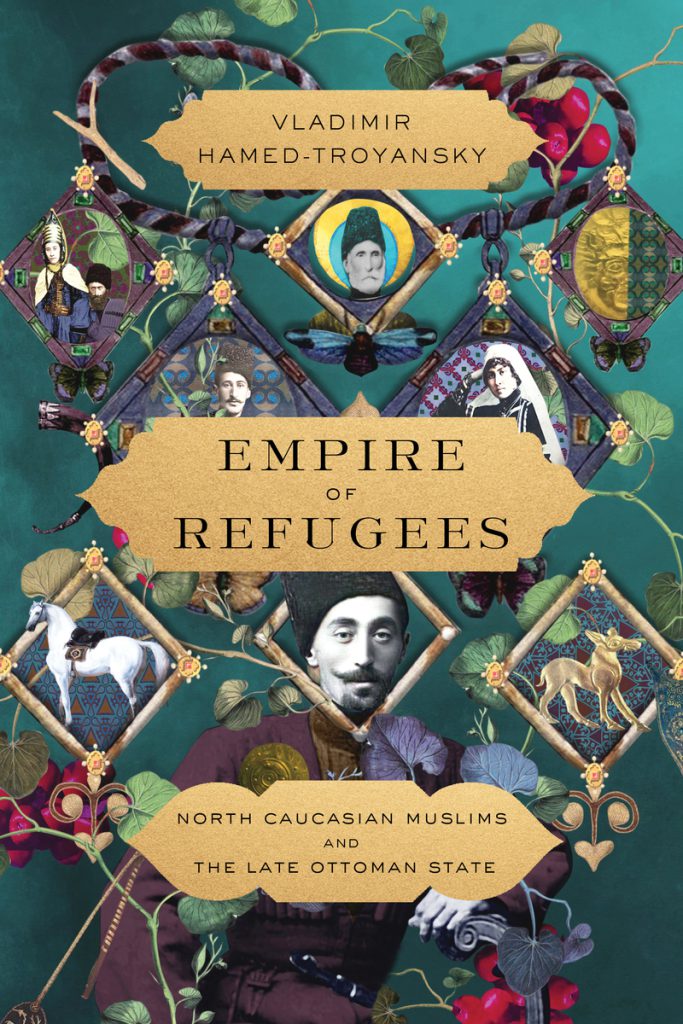 Dr. Vladimir Hamed-Troyansky is a historian of global migration and forced displacement and Assistant Professor of Global Studies at the University of California, Santa Barbara. His research examines Muslim refugee migration and its role in shaping the modern world. He is the author of Empire of Refugees: North Caucasian Muslims and the Late Ottoman State (Stanford University Press, 2024). His articles appeared in Past & Present, Comparative Studies in Society and History, International Journal of Middle East Studies, Slavic Review, and Kritika. He received a Ph.D. in History from Stanford University and served as a postdoctoral fellow at Columbia University.
Dr. Vladimir Hamed-Troyansky is a historian of global migration and forced displacement and Assistant Professor of Global Studies at the University of California, Santa Barbara. His research examines Muslim refugee migration and its role in shaping the modern world. He is the author of Empire of Refugees: North Caucasian Muslims and the Late Ottoman State (Stanford University Press, 2024). His articles appeared in Past & Present, Comparative Studies in Society and History, International Journal of Middle East Studies, Slavic Review, and Kritika. He received a Ph.D. in History from Stanford University and served as a postdoctoral fellow at Columbia University.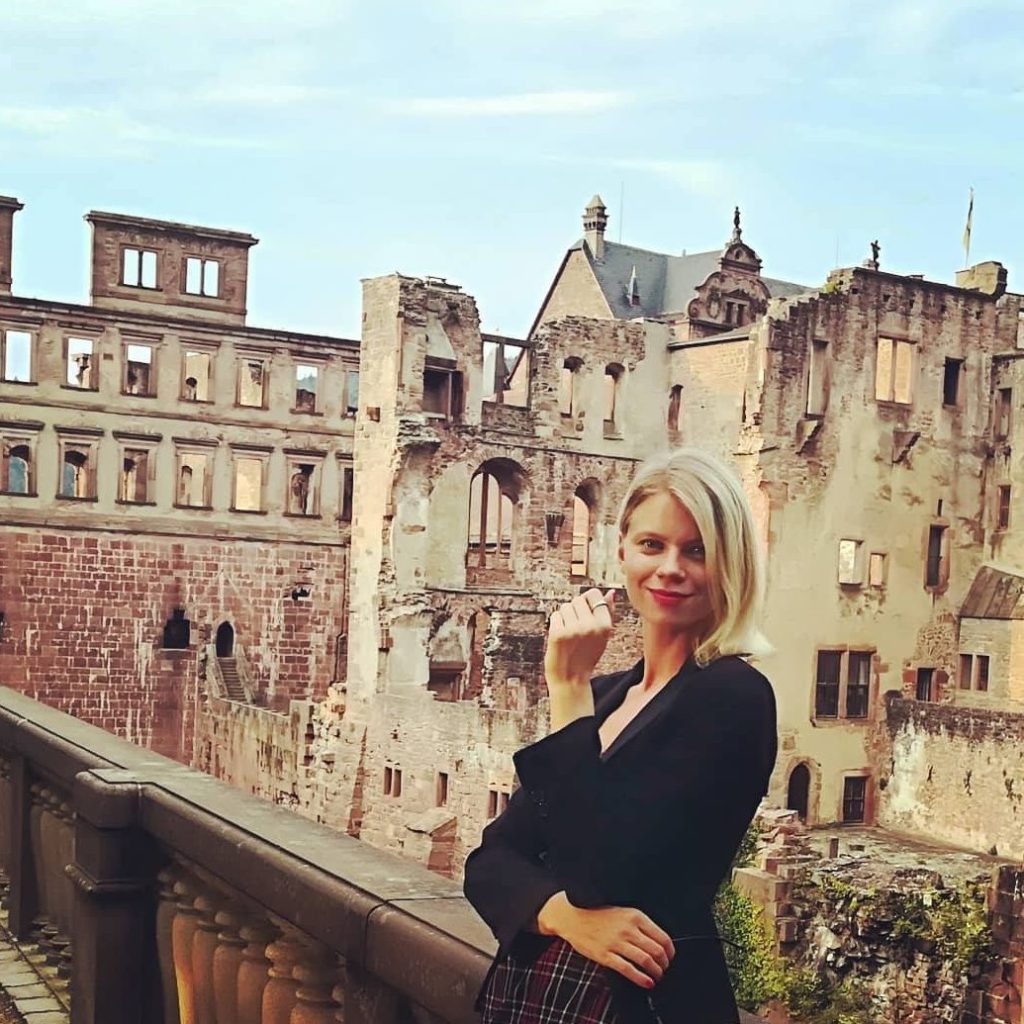 When: March 12, 2024, 15.15-16.30
When: March 12, 2024, 15.15-16.30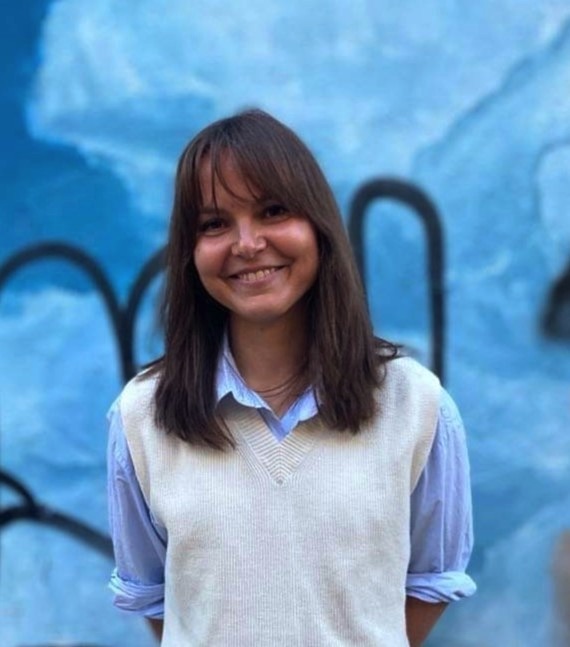 Lena Hercberga (Copenhagen Business School) holds a Doctoral degree from the University of Bristol, UK. Her current research interests include revisiting post-Soviet identity struggles, social cleavages, and democracy from alternative points of view, such as e.g., radical democracy and agonistic pluralism. Additionally, Lena is interested in self-reflexive forms of inquiry and non-conventional research methods
Lena Hercberga (Copenhagen Business School) holds a Doctoral degree from the University of Bristol, UK. Her current research interests include revisiting post-Soviet identity struggles, social cleavages, and democracy from alternative points of view, such as e.g., radical democracy and agonistic pluralism. Additionally, Lena is interested in self-reflexive forms of inquiry and non-conventional research methods